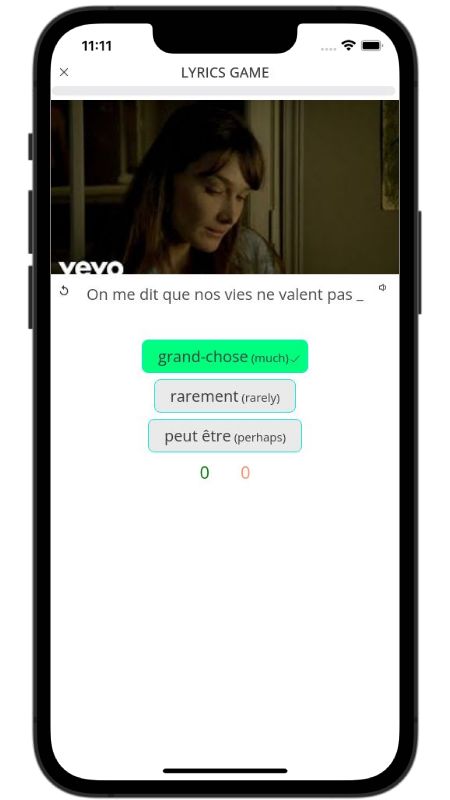Là-Bas Lyrics in English Jean-Jacques Goldman , Sirima
Below, I translated the lyrics of the song Là-Bas by Jean-Jacques Goldman from French to English.
Over there
Everything's new and everything's wild
Free continent with no fences
Here, our dreams are narrow
That's why I'll go over there
Over there
Need heart and need courage
But everything's possible at my age
If you've got strength and faith
Gold's within reach of your fingers
That's why I'll go over there
Don't go
There's storms and shipwrecks
Fire, devils and mirages
I know you're so fragile sometimes
Stay deep inside me
We've so much love to make
So much happiness to come
I want you as husband and father
And you, you dream of leaving
Here, everything's decided ahead
And we can't change a thing
Everything depends on your birth
And I wasn't well-born
Over there
Far from our lives, from our villages
I'll forget your voice, your face
Though I hold you in my arms
You're already slipping away over there
I'll have my chance, I'll have my rights
Don't go
And the pride I don't have here
Over there
Everything you deserve is yours
Don't go
Here, others impose their law
Over there
I might lose you over there
Don't go
I'll lose myself if I stay here
Over there
Life didn't give me a choice
Don't go
You and me, it'll be over there or not
Over there
Everything's new and everything's wild
Don't go
Free continent with no fences
Over there
Beautiful like you can't imagine
Don't go
Here, even our dreams are narrow
Over there
That's why I'll go over there
Don't go
They didn't give me a choice
Over there
I'll lose myself if I stay here
Don't go
That's why I'll go over there
Don't go
Lyrics and Translations Licensed & Provided by LyricFind
Did you like these lyrics?
Did you know?
In addition to reading lyric translations, you can now learn French with music and lyrics from your favorite artists.
No more boring lessons. You can now learn with engaging and culturally relevant lyrics from the best artists.
Apple and App Store are trademarks of Apple Inc.
Google Play and the Google Play logo are trademarks of Google LLC.
iOS AppAndroid AppWeb LessonsJoin ClassroomLyrics TranslationLyricsBlogAbout UsFree PDF WorksheetsBuy as Gift











